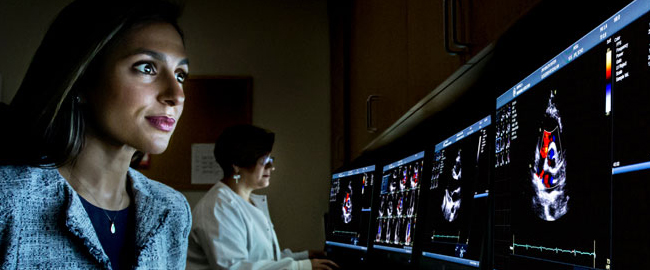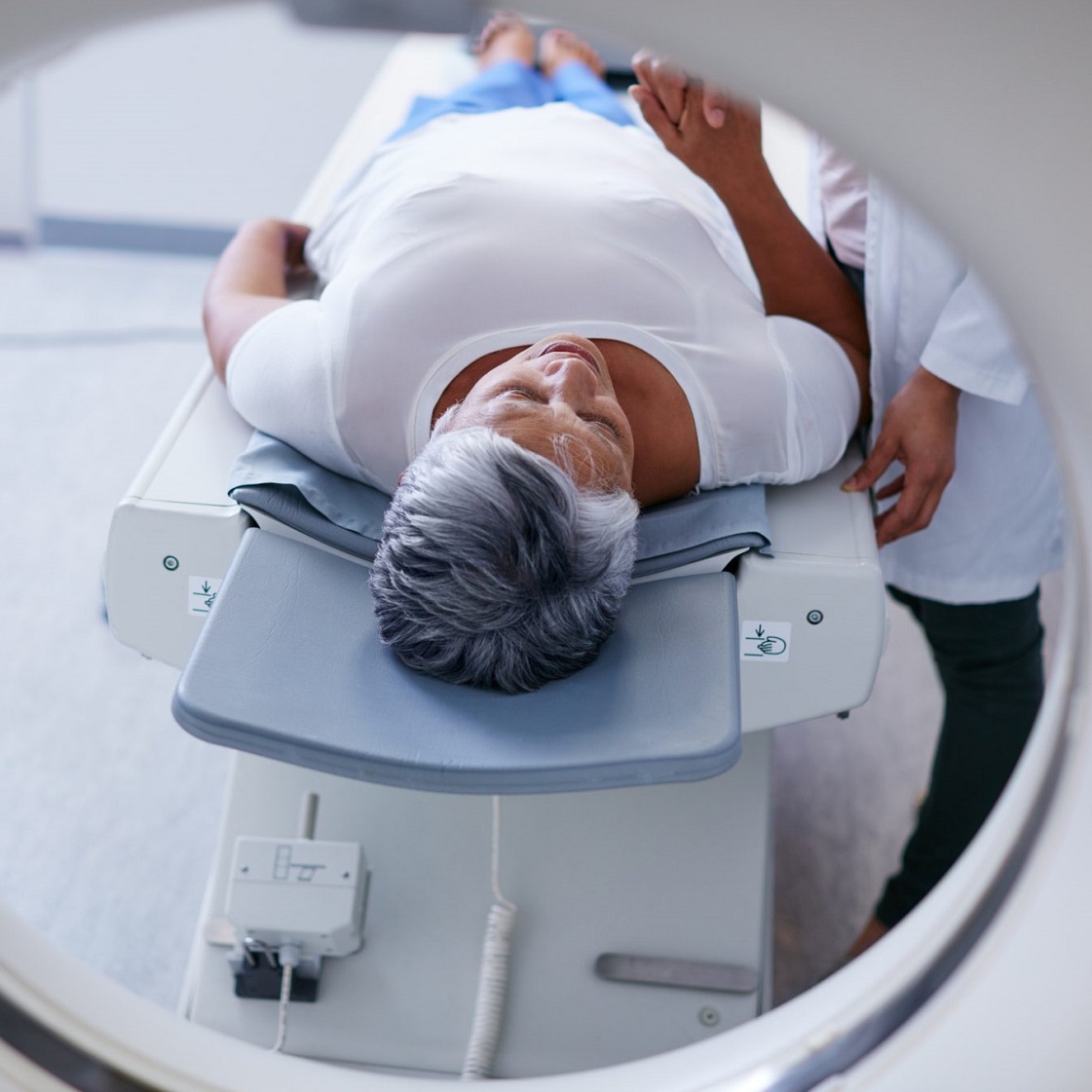TCAR Procedure
What is TCAR?
Carotid artery disease happens when the arteries on the side of the neck are narrowed by a fatty substance called plaque. If a blood clot gets trapped in the artery or a piece of plaque breaks off and travels to the brain, it can cause a life-threating stroke. The traditional approach to treating carotid artery disease is an open procedure called carotid endarterectomy. Transcarotid artery revascularization (TCAR) is an innovative, minimally invasive treatment that is safer and offers a faster recovery. With TCAR, cardiovascular surgeons use an advanced technique to open blocked arteries without the risk of plaque breaking loose during the procedure and traveling to the brain.Who is a Candidate for the TCAR Procedure?
Transcarotid artery revascularization can help minimize stroke risk in people with carotid artery disease, particularly those who aren’t able to have open surgery because they:
- Are obese
- Have undergone previous surgery on their neck
- Have a pre-existing heart condition
- Have had radiation to their head or neck
What to Expect
After numbing the area, the surgeon makes a small incision just above the collarbone and places a small, hollow tube called a catheter into the carotid artery. The catheter is connected to a filtering system that directs blood away from the brain and through the filtering system.
The filtering system captures any solid materials outside of the body and the filtered blood is returned through a second catheter inserted through a puncture in the upper leg. With blood flow directed away from the brain, balloon angioplasty can be performed safely.
The surgeon uses advanced imaging to guide the catheter with a balloon on the tip the blocked area of the carotid artery. Once in place, the balloon is inflated, which presses the plaque against the artery wall, and a wire mesh tube called a stent is inserted into the artery to stabilize the plaque. Once the stent is in place, the filtering system is stopped and normal blood flow resumes.
Most patients go home within 24 hours of the procedure.
Why Choose Hackensack Meridian Health for TCAR Care
Jersey Shore University Medical Center and Hackensack University Medical Center are two of only three hospitals in the state to offer TCAR and our vascular specialists are among a small number of physicians in the country to perform it. Our experts actually teach other surgeons how to perform TCAR procedures.
As the health network that performed the most cardiac procedures in New Jersey in 2020, our medical centers bring the latest advancements and comprehensive cardiovascular care to patients throughout New Jersey.
Two of our physicians were named a 2021 TCAR Clinical Operator of Experience for improving carotid artery disease treatment using the innovative TCAR procedure. They are the only two surgeons in the state to have achieved this recognition.











